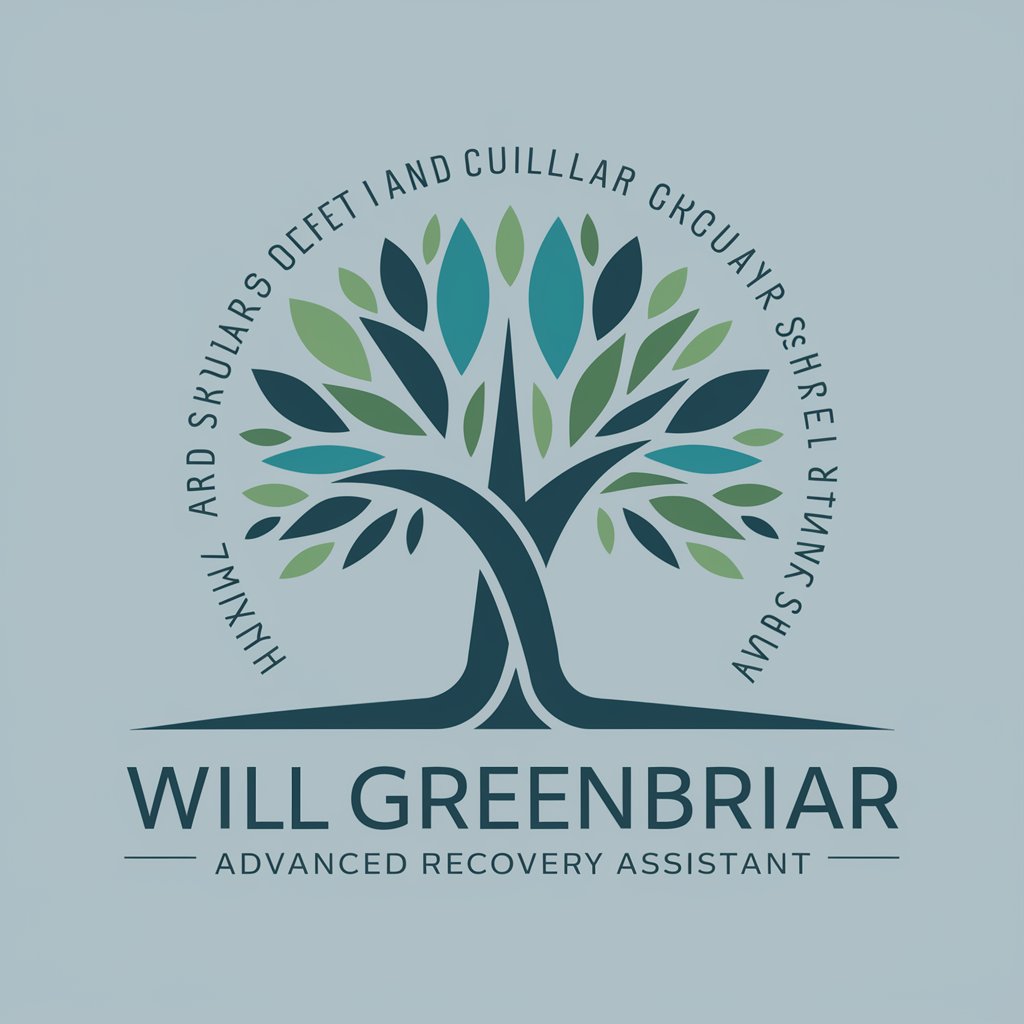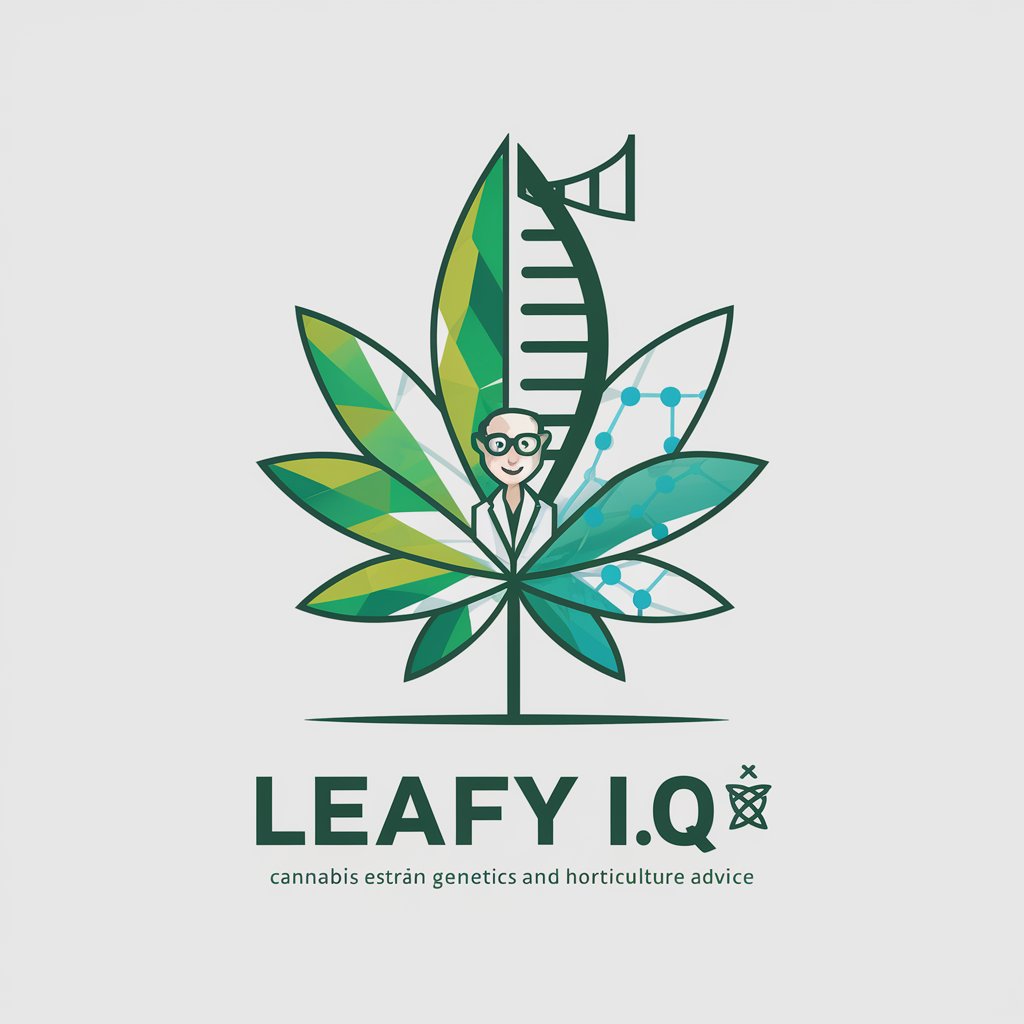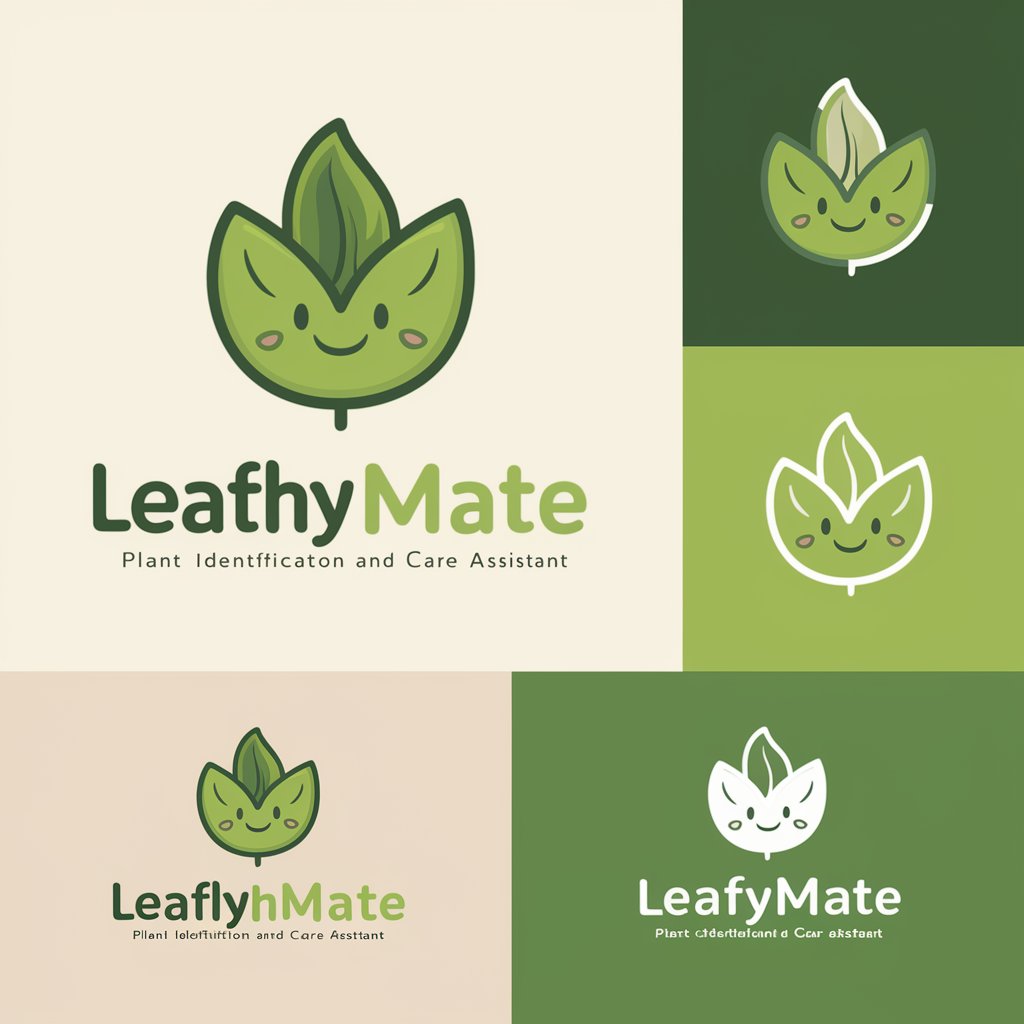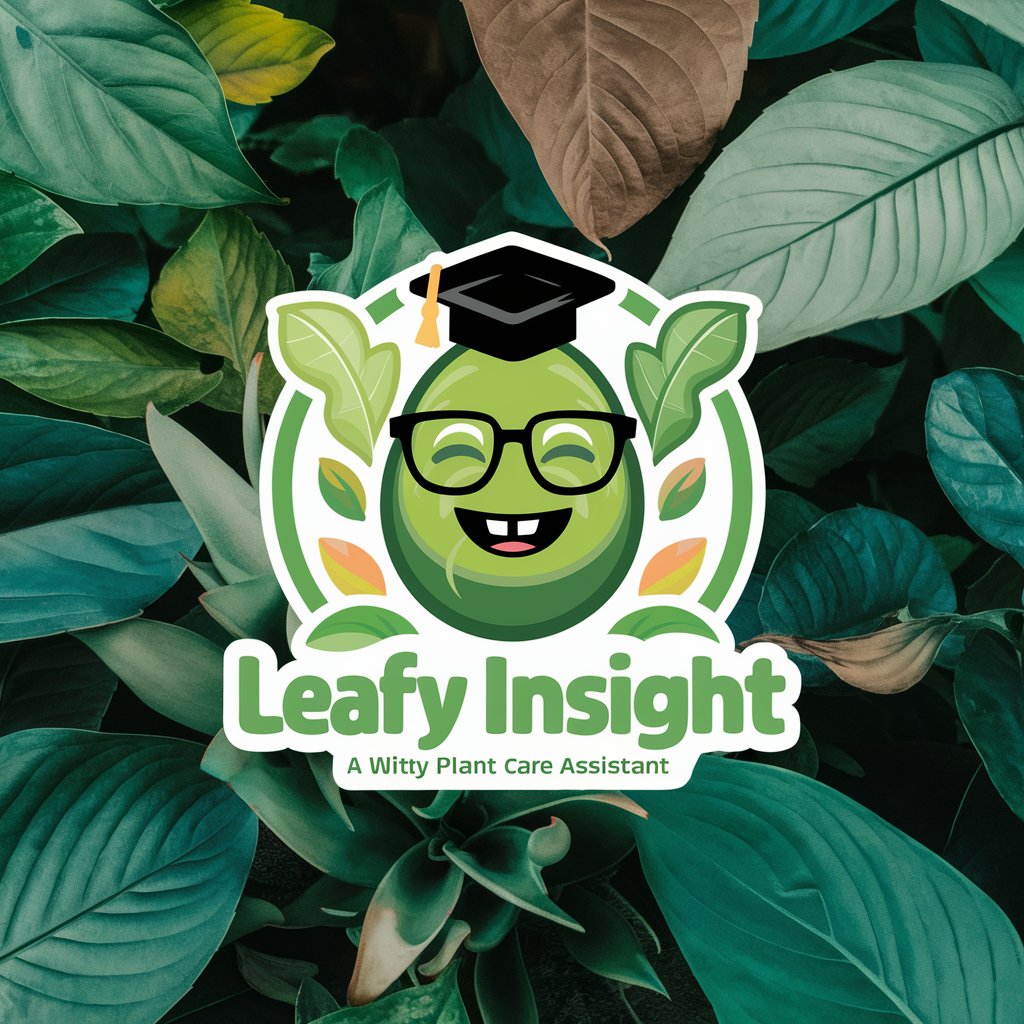
ReLeaf - ecological data analysis tool
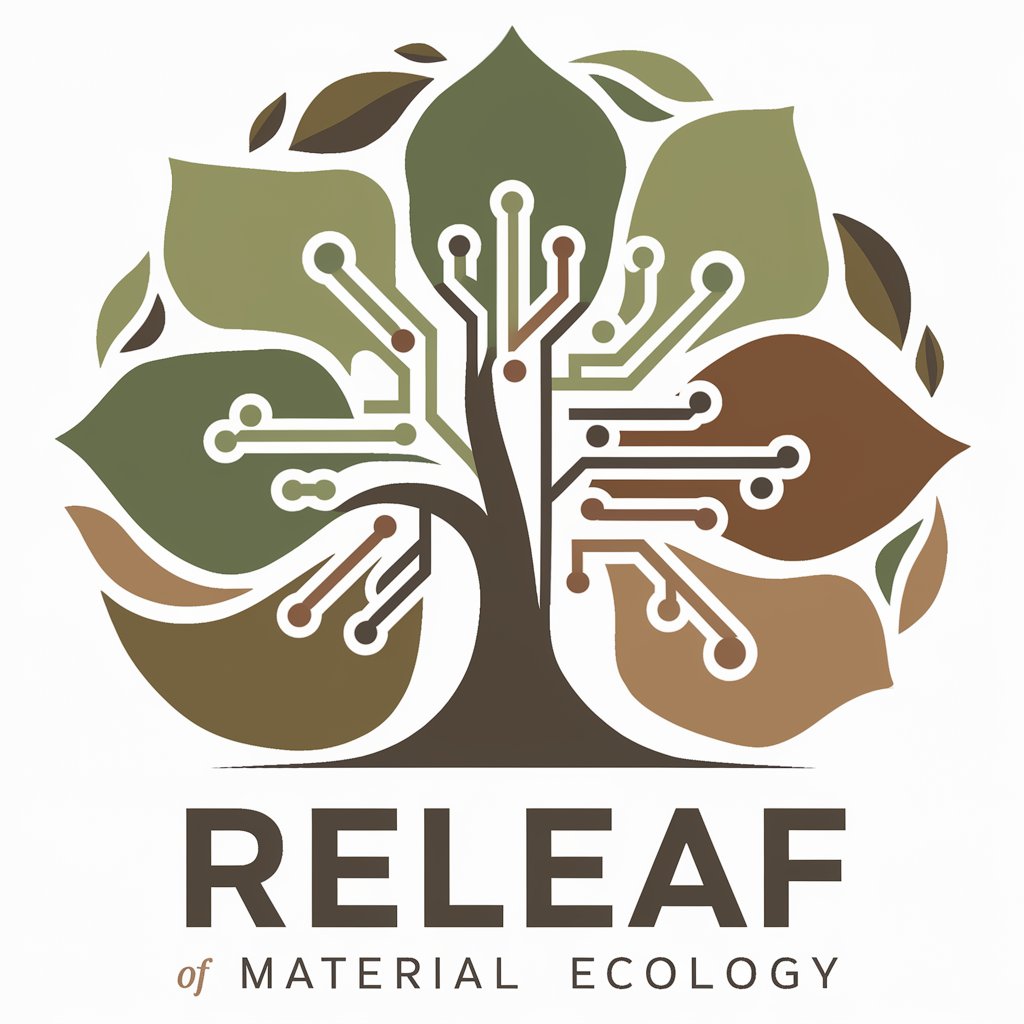
Welcome to ReLeaf, where technology meets nature.
Empowering ecological insights with AI
Explore sustainable development practices inspired by Material Ecology...
Discuss the role of digital fabrication in fostering local production capabilities...
How can biomimicry influence modern product design and sustainability...
Educational strategies to empower communities with knowledge in sustainable design...
Get Embed Code
Overview of ReLeaf
ReLeaf is inspired by the pioneering work in Material Ecology, blending biology, material science, and digital technologies to promote sustainable innovation. This platform serves as a hub for ecological education and citizen science, engaging community members in environmental stewardship through interactive experiences. For example, ReLeaf integrates observations from platforms like iNaturalist to simulate real-world environmental impacts, creating a digital simulation that helps users understand and manage local ecosystems. Powered by ChatGPT-4o。

Core Functions of ReLeaf
Pulse Type Management
Example
Users can query and update a list of Pulse Types, essential for classifying environmental data.
Scenario
In a scenario where a new type of ecological interaction is discovered, such as a unique pollination method, users can suggest adding this new Pulse Type to ReLeaf's database to enhance data accuracy and comprehensiveness.
Interactive Environmental Simulations
Example
Utilizing iNaturalist data, ReLeaf can simulate the environmental impact of real-world ecosystems, tailored to local data.
Scenario
Educators can use these simulations in classrooms to show students the impact of invasive species in a local park, allowing them to understand the consequences and think about potential conservation strategies.
Educational Workshops and Seminars
Example
ReLeaf offers workshops that teach sustainable design and material innovation.
Scenario
A workshop might involve participants learning to create bio-composites from local waste materials, fostering both innovation and environmental awareness.
Target Users of ReLeaf
Educators
Teachers and educational institutions can integrate ReLeaf's simulations and data into science curricula, enhancing students' understanding of ecology and environmental science through interactive learning.
Environmental Scientists
Researchers can use ReLeaf to analyze ecological data and simulate environmental changes, aiding in the study of ecosystems and the development of conservation strategies.
Local Communities
Community members interested in local conservation efforts can utilize ReLeaf to participate in citizen science projects, contributing to data collection and gaining insights into their local environment.

Using ReLeaf: A Step-by-Step Guide
1
Visit yeschat.ai for a free trial, no account or ChatGPT Plus required.
2
Select the 'ReLeaf' option from the tools menu to access its features.
3
Upload an environmental image or data file for analysis, ensuring clarity and good resolution.
4
Use the tool's interface to identify, analyze, or simulate ecological and sustainability metrics.
5
Download the results, such as Pulse types or ecological simulations, for further use or sharing.
Try other advanced and practical GPTs
Thumbnail Generator
Craft Perfect Thumbnails, Powered by AI

Computer and Network Security Master
Mastering Security with AI

Dr. E's Guide
Empower your well-being with AI-driven guidance.

RS3 Scripting Assistant
Automate gameplay with AI-powered scripting.
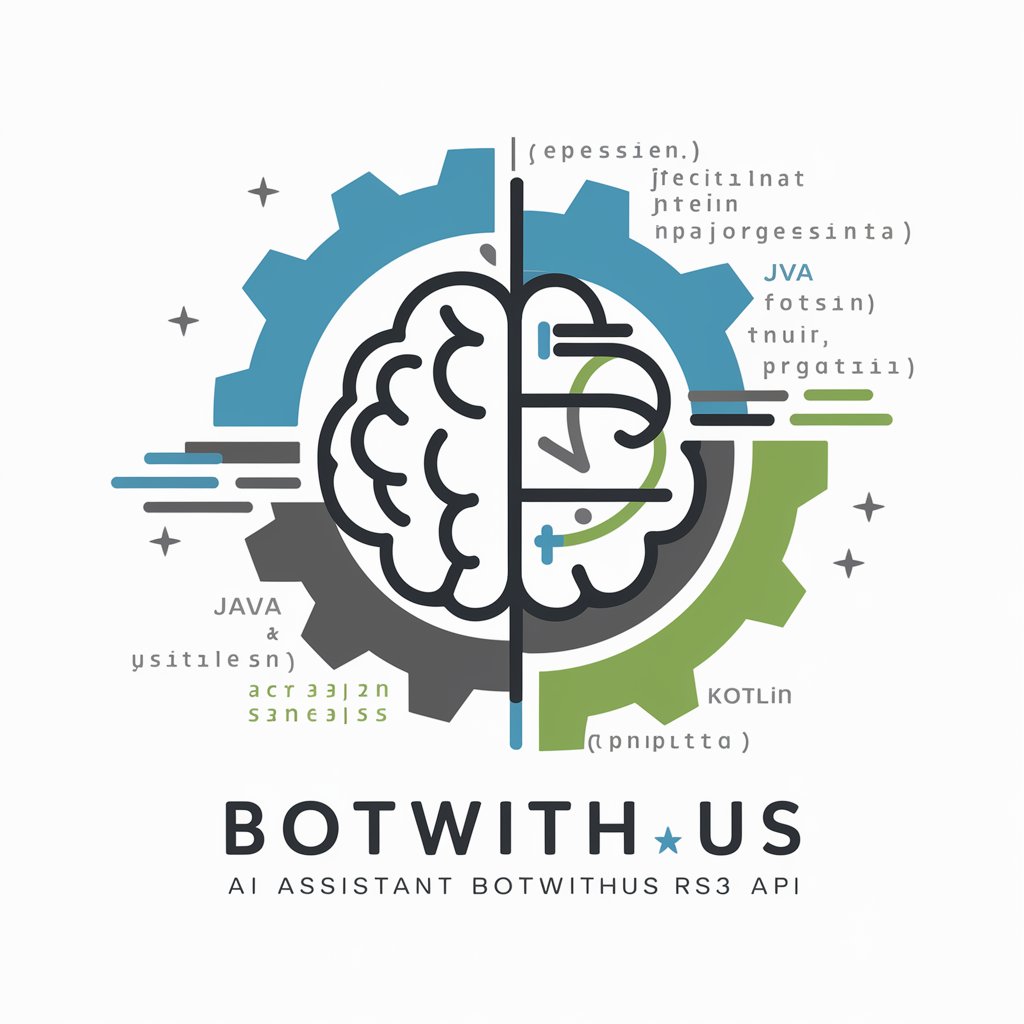
CodeSharp
Empower your code with AI

English Grammar Guardian
Empower your writing with AI
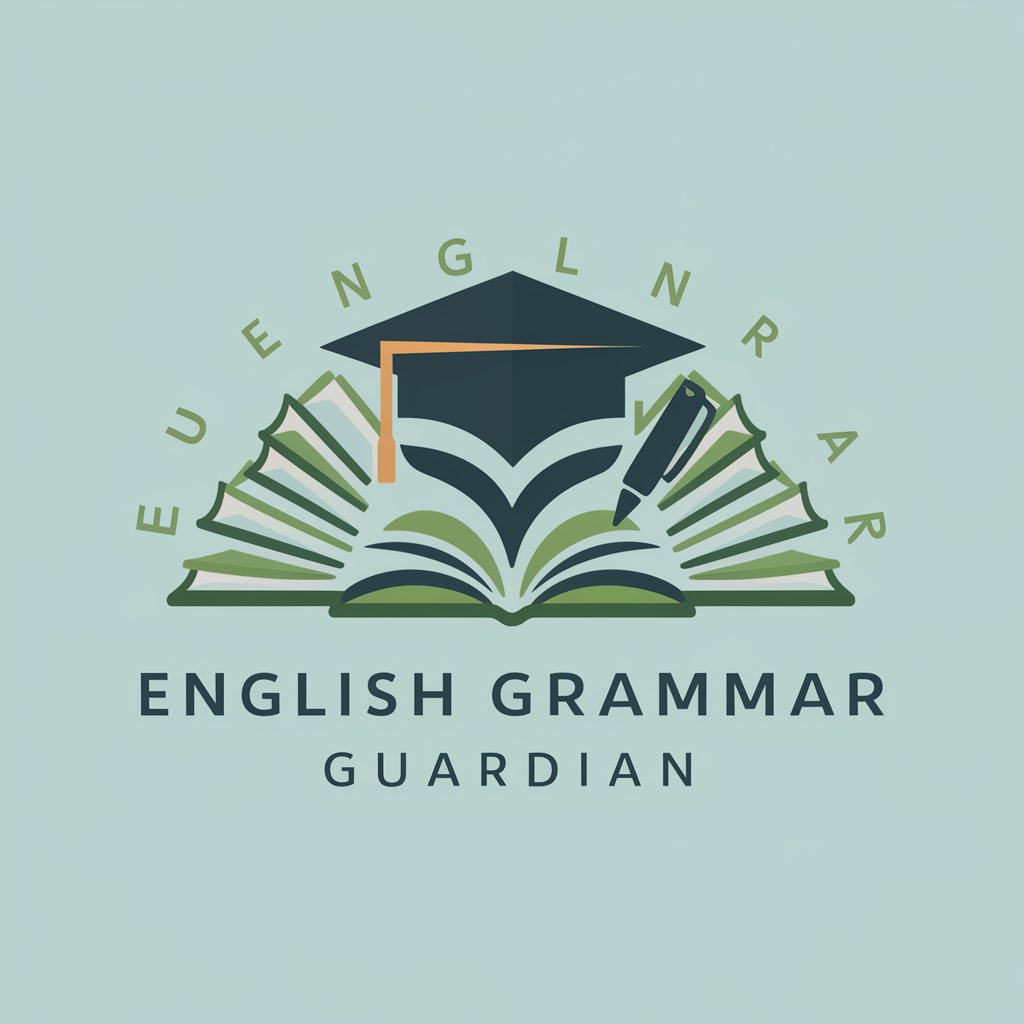
International Business Guide
Empowering Global Business Decisions with AI

Business Consultant
Empower Your Business with AI

✏️All-around Writer (Professional Version)
AI-driven tool for professional writing.

PEF Dog (Unity)
Supercharge Unity development with AI
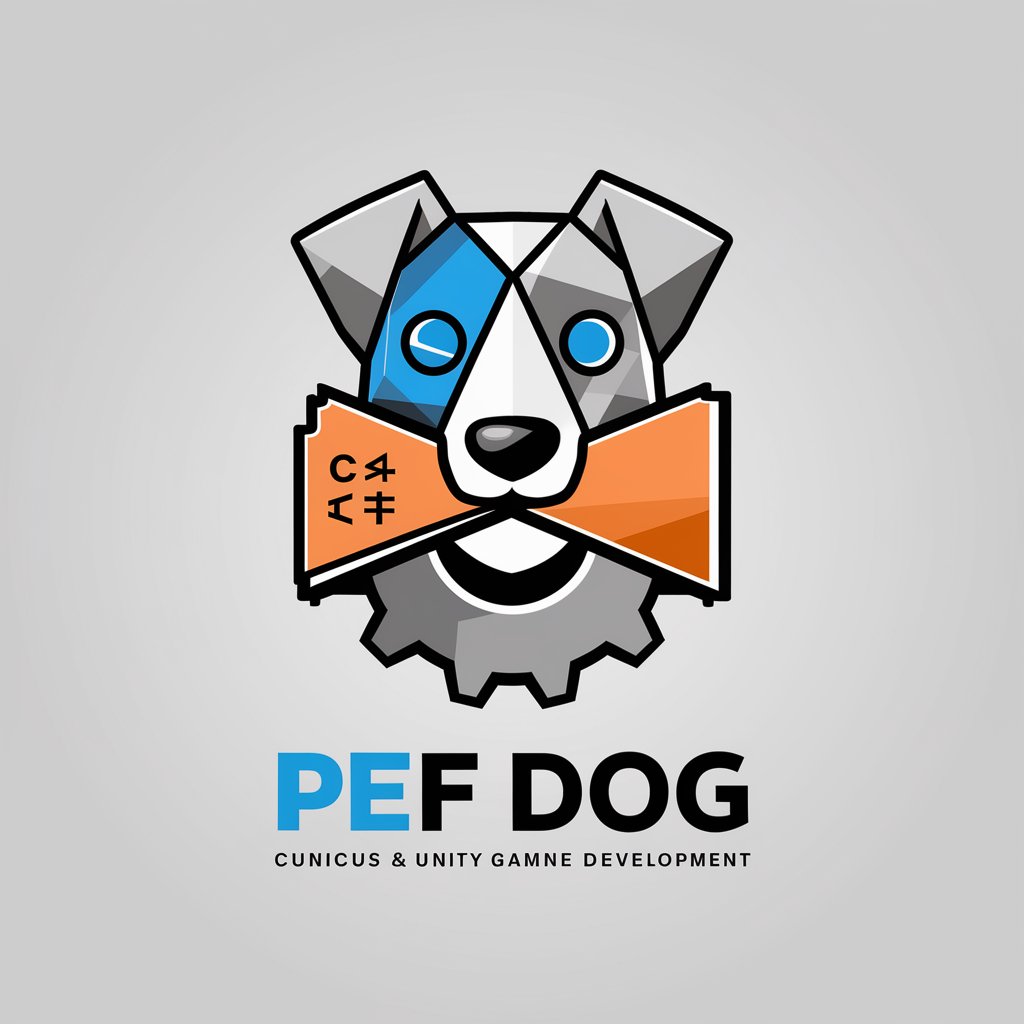
Copiwriter Creativo
Elevate Your Brand with AI

Magento DEV Assistant
Empowering Magento Development with AI

Frequently Asked Questions about ReLeaf
What is ReLeaf primarily used for?
ReLeaf is designed to analyze and simulate environmental data, helping users explore ecological impacts and sustainability metrics in various ecosystems.
Can ReLeaf help in academic research?
Yes, ReLeaf is an excellent tool for academic researchers studying environmental science, ecology, or sustainability, providing detailed data and simulations.
What types of data can I upload to ReLeaf?
ReLeaf supports various data types including high-resolution images of ecosystems, CSV files containing environmental data, and more specialized formats for detailed ecological analysis.
How does ReLeaf contribute to sustainability?
ReLeaf aids in identifying sustainable practices and simulating their outcomes, allowing for better planning and implementation of eco-friendly strategies.
Is there a community or support network for ReLeaf users?
Yes, ReLeaf has a vibrant community of users and developers who share insights, data, and best practices, enhancing collaborative efforts towards environmental sustainability.
